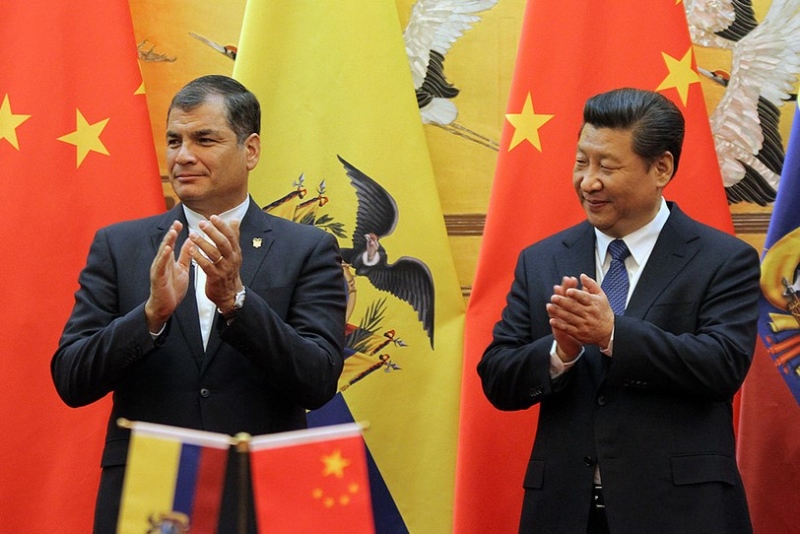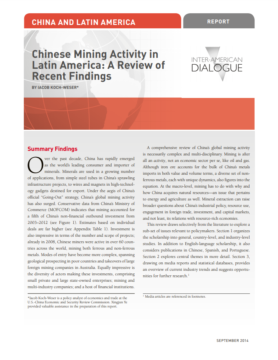The Politics Of Disaster Relief
After a 7.0 magnitude earthquake struck Haiti, the aftershock reached China in ways that few anticipated.The earthquake forced Chinese leaders to navigate the tricky politics of disaster relief.
This post is also available in: Chinese
In addition to remarkable economic gains and some environmental, social, and corruption-related challenges, China’s engagement with Latin America over the past two decades has generated considerable anxiety among U.S. officials.
At the beginning of February, Secretary of State Rex Tillerson voiced his—and presumably the broader Trump administration’s—concerns about China’s rise in the region. Secretary Tillerson warned Latin America about its ties to the Asian nation, stating that “China’s offers always come at a price,” and describing Beijing’s ambitions as imperialistic. Similar remarks were delivered by Treasury Undersecretary for International Affairs David Malpass at the Center for Strategic and International Studies on February 2.
The administration’s efforts to portray China as a relative bogeyman in Latin America have since been criticized or countered by a number of scholars and officials, including in Latin America. On February 6, Peru’s foreign trade minister, Eduardo Ferreyros, responded to the Secretary’s comments by saying that China is a “good trade partner” and that Peru is “careful with all of its trade relations.”
Yet, the Trump administration isn’t the first to fret over China’s rise in the region. The U.S. government has been taking stock of Chinese interests in Latin America and the Caribbean since the 1990s. Concerns surfaced around 1998 about Hong Kong firm Hutchinson Whampoa running the ports on either end of the Panama Canal. Eccentric Chinese billionaire Wang Jing’s canal adventures in Nicaragua were also closely monitored in Washington starting in 2013. And China’s interests in Venezuela, including Chinese financial support for the governments of Hugo Chavez and Nicolas Maduro, remain a source of worry for U.S. officials.
[…]
After a 7.0 magnitude earthquake struck Haiti, the aftershock reached China in ways that few anticipated.The earthquake forced Chinese leaders to navigate the tricky politics of disaster relief.
Despite reports in recent months that Mexican manufacturing is experiencing a resurgence, Mexico’s industrial sector faces tremendous challenges.
China has rapidly emerged as the world’s leading consumer and importer of minerals.
 Agencia de Noticias ANDES / Flickr / CC BY-SA 2.0
Agencia de Noticias ANDES / Flickr / CC BY-SA 2.0
